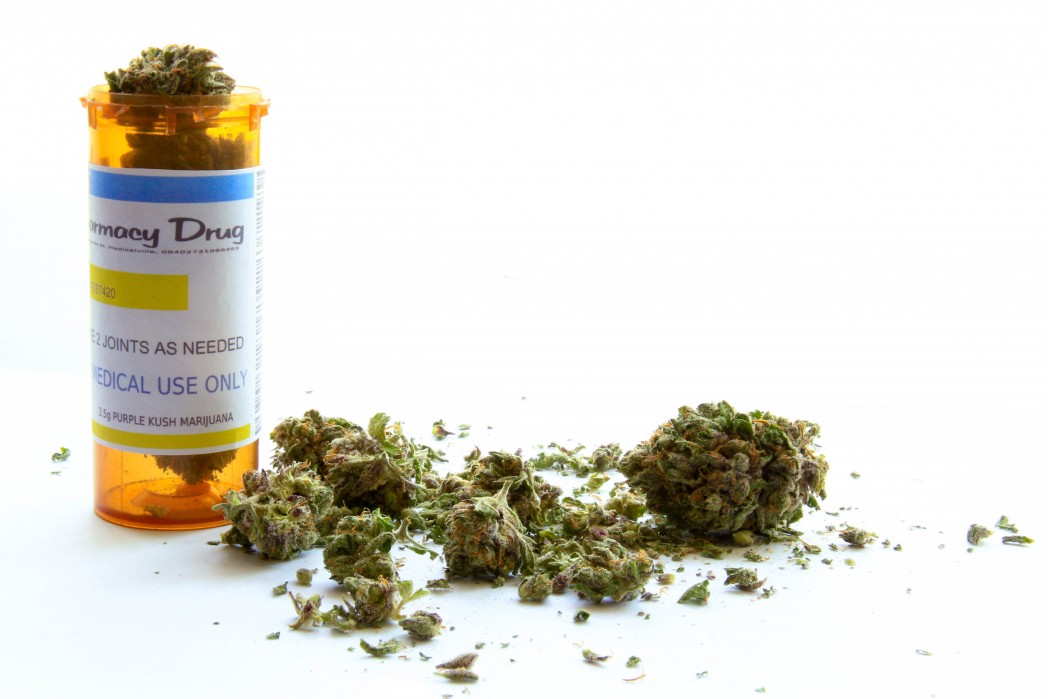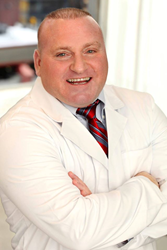NY Medical Marijuana Pioneer on Mission to Educate Public, Help Seriously Ill Patients

When the New York State Department of Health‘s Medical Marijuana Program was launched on Jan. 7, 2016, Upper East Side physician Dr. Thomas O’Brien was the first doctor to secure a certification for a patient to be prescribed medical marijuana. He has since helped 200 patients to achieve certification, with several positive feedbacks.
For Dr. O’Brien, the steps toward becoming certified as a marijuana physician (M-MJP) were in keeping with his 18-year medical practice. He is board certified in integrated medicine, and holds a master’s degree in clinical nutrition. When his clinical path turned to care of more severely ill patients, he started focusing on compassionate and palliative care.
While he is still one of few practicing clinicians holding an M-MJP certification – totaling seven in Manhattan and 28 in New York State – many more are about to join him. According to the New York State Department of Health web site, 445 physicians had registered and 1,399 patients had been certified for treatment as of March 2. Patients, however, can have a hard time finding care, since the department still lacks a comprehensive practitioner list.
Under the New York State’s Medical Marijuana Law (S7923/A6357-E), only severely ill people with cancer, HIV infection or AIDS, amyotrophic lateral sclerosis (ALS), Parkinson’s disease, multiple sclerosis, spinal cord injury with spasticity, epilepsy, inflammatory bowel disease, neuropathy, and Huntington’s disease are eligible to receive certification. In addition, these diseases need to be accompanied by an associated or complicating condition, such as cachexia or wasting syndrome, severe or chronic pain, severe nausea, seizures, or severe or persistent muscle spasms.
“My primary focus is to alleviate symptoms so my patients may perform daily functions relatively symptom-free,” Dr. O’Brien said in a press release. “For those patients who have exhausted traditional therapies and are at the end of life, my focus is to make them comfortable so that they may have quality of life to spend with their families for whatever time remains.”
Dr. O’Brien thinks that the right to prescribe medical marijuana needs to be tightly linked to patient education. He allows plenty of time for visits to make sure that each patient completely understands the certification process, as well as doses and benefits of the drug. It is also important for him that patients and family members feel free to ask questions and air concerns. “My mission is to educate our community on the benefits of medical marijuana,” Dr. O’Brien said.
Once he started his marijuana consultations, he understood that many patients seeking his help had already self-medicated with street marijuana. “The legalization of medical marijuana now takes procurement off the streets where the substance contains a much higher ratio of THC, resulting in unwanted psychoactive side effects. It can also be laced with other contaminants. Now I am able to offer seriously ill or end of life patients a legal, safe, reliable alternative, cultivated in a controlled environment with no added chemicals,” he said.
While patients wishing to obtain a certification often have an open-minded view of this alternative therapy, the challenge for Dr. O’Brien has been to create awareness with New York City residents. He wants people to understand that medical marijuana is an effective and feasible option to traditional therapies that have not offered relief.
“The greatest misconception regarding medical marijuana is that people believe patients will walk the streets high,” he said.
In his practice, he continuously monitors patients. He has noted that, starting at the first follow-up visit after one month of use, many patients report being able to enjoy life more than they had in years. Medical marijuana is available in precise doses in drug formulations such as vapor, and sublingual and oral tablets.
Dr. O’Brien now hopes that New York State will add more diagnoses to be covered by the Compassionate Care Act, allowing more individuals to benefit from medical marijuana.







